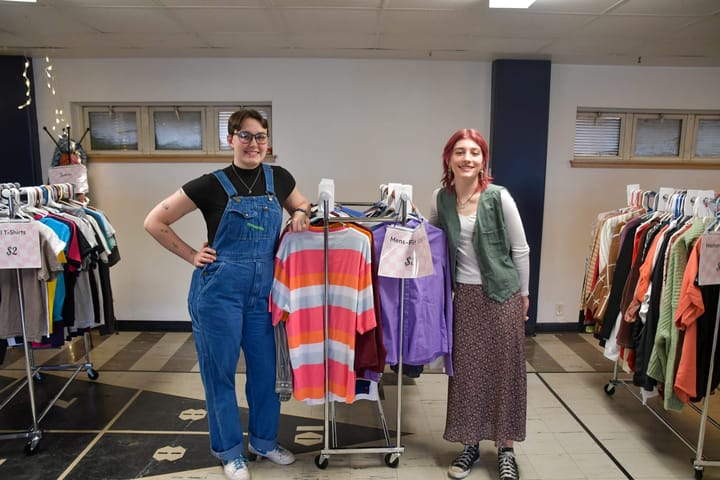Assange arrest could set dangerous precedent
On April 11, 2019, police arrested WikiLeaks’ founder Julian Assange in Britain after being evicted from the Ecuador Embassy where Assange hid for seven years after he fled Sweden to avoid sex crime allegations. Assange now faces extradition to the U.S. to be tried for conspiracy to commit computer intrusion from a 2012 incident when Assange worked with Chelsea Manning to release documents from a classified government computer.
Ecuador released Assange to British officials citing that he had terrible etiquette, spread feces on the walls, damaged the embassy while skateboarding and was rude to staff.
Maybe more than Assange’s poor manners influenced Ecuador to hand him over.
Ecuador would like to see better relations with the U.S. and thought releasing Assange would be a good start. Ecuador may have seen this as a move toward thanking the U.S. for the $4.2 billion loan it received. Surely, allowing this criminal to be turned over to officials would help calm trade relations that had been on the decline since 2015.
And what does this mean for the freedom of press?
In an unprecedented move, the Department of Justice is targeting a publisher of confidential files in addition to the persons who stole the documents. If the government is to go further than the conspiracy claim, the results could be a violation of the first amendment that allows us our freedom of speech.
The case has raised some concern in the journalistic world which worries the accusations against Assange will set a precedent for the government to punish news organizations for reporting information they received from sources who may have broke the law.
This new territory reminds me that reporting is a public service and, while Assange has legitimate allegations against him, it is important that leaders do not attempt to use those allegations to make a claim against the press, but against the man himself.
If Americans intend to keep the press free and able to report on ideas the government finds unpopular, they need to look at this case and ensure that the government is held responsible for keeping the restraints off of the new and keep the law true.
John Walker is a freshman government major from Sioux Falls, South Dakota.



